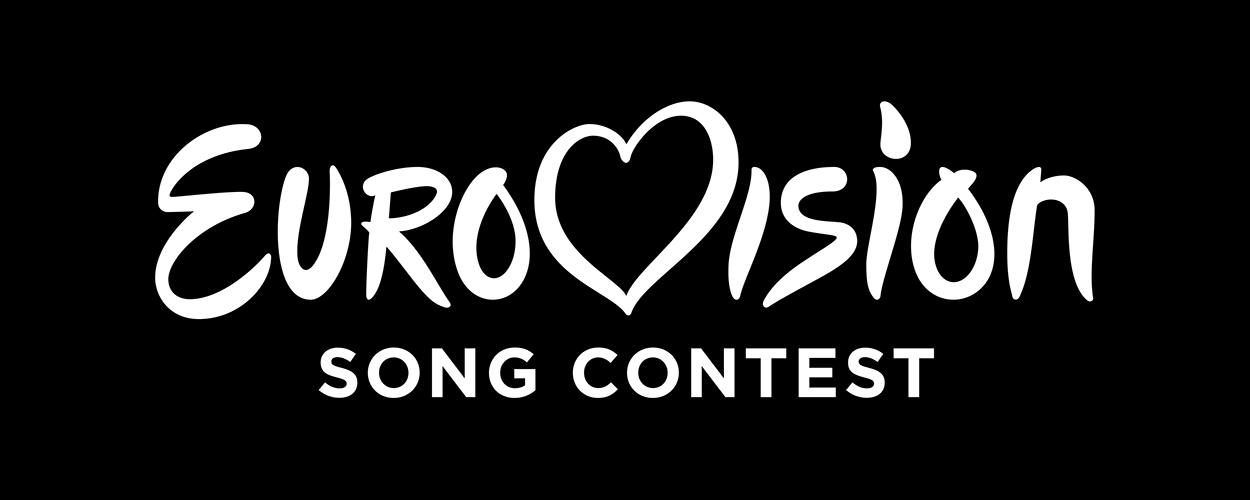This website uses cookies so that we can provide you with the best user experience possible. Cookie information is stored in your browser and performs functions such as recognising you when you return to our website and helping our team to understand which sections of the website you find most interesting and useful.
Artist News Media
Ukraine pulls out of Eurovision, after more acts refuse to take part
By Andy Malt | Published on Thursday 28 February 2019

Ukraine has withdrawn from the Eurovision Song Contest entirely, after failing to find an act willing to sign a contract put forward by state broadcaster UA:PBC. The original artist expected to perform for Ukraine – Maruv – pulled out earlier this week following a dispute over the terms of that contract.
UA:PBC said in a statement yesterday that it could not find “any performer from among the participants” who took part in the search for this year’s entrant now willing to take part.
The contract at the heart of the dispute required the country’s Eurovision entrant to cancel all shows in Russia and commit to not tour there for three months after the contest. It also stated that the artist could not say anything on stage or to journalists without prior approval from the broadcaster.
Ukraine’s Eurovision contestant is chosen via TV show ‘Vidbir’, with public and jury votes. Maruv won ‘Vidbir’ on Saturday. However, it was later announced that contract negotiations had stalled and she would no longer be put forward for the contest. The singer said that various clauses in the contract amounted to “censorship”, forcing her to become “a tool in the political arena”. The broadcaster implied that she just wasn’t patriotic enough, saying that they could not reach an agreement over the “commitments of becoming a cultural ambassador of Ukraine”.
UA:PBC said it would move on by offering Ukraine’s place in the contest to another act. Although the broadcaster wasn’t clear on who this might be at the time, in its statement yesterday it explained that the rules of the selection process state that if the first place artist cannot take part, the position is offered to the second and third place contestants. But those artists, vocal group Freedom Jazz and dance trio Kazka, both declined.
In a Facebook post, Freedom Jazz said that they had “refused to take part” after being asked. Kazka said on Instagram that they had turned down the offer to represent Ukraine because their “mission is to unite people with our music, not to sow discord”.
UA:PBC said the selection process rules meant that it would now have to withdraw the country from the competition, blaming as “excessive politicisation of the national selection process”. As it was, the next act on the list, rock band Brunettes Shoot Blondes, had already issued a statement saying that they would not accept if asked. “Our band did not win”, they said. “This trip is not ours”.
Twin sister pop duo Anna Maria, who came sixth in ‘Vidbir’, issued a statement following the announcement of Ukraine’s withdrawal from Eurovision, welcoming the news.
“Ukraine is looking for its way”, they wrote on Facebook. “How many times has our country been wrong? We so want Ukraine to find its way! The way to happiness of your people. People who first want to live in this country and develop. People who will respect each other’s opinions”.
“We are glad that … the whole situation with us at Eurovision has become a kind of catalyst and revealed the true essence of many people”, they went on. “The abscess, which has long been growing, has finally burst. And it exposed people as they are – with their shortcomings, courage, cowardice, anger and kindness”.
“Music is stronger than politics”, they concluded.
Putting a less positive spin on what has happened, UA:PBC said in its statement that this process had highlighted “systemic problem of the music industry in Ukraine”. Namely, musicians continuing to perform in “the aggressor state” of Russia, five years into a conflict between the two countries.
It noted that there are no laws in Ukraine prohibiting artists from travelling to Russia and that society is split on whether or not this is an acceptable situation. In order to gauge public feeling on this, it will “initiate a public dialogue in the format of talk shows, forums and discussions with the participation of leading experts in the field”. Although it added that it would also propose new laws regulating Ukrainian artists’ activity in Russia.
The ongoing tensions between Ukraine and Russia have spilled over into Eurovision a number of times in recent years. Russia threatened to boycott the 2017 event after Ukraine won in 2016. Then, when Russia did put forward an entry, Ukraine barred singer Julia Samoilova from entering the country to perform at the contest in Kiev.





